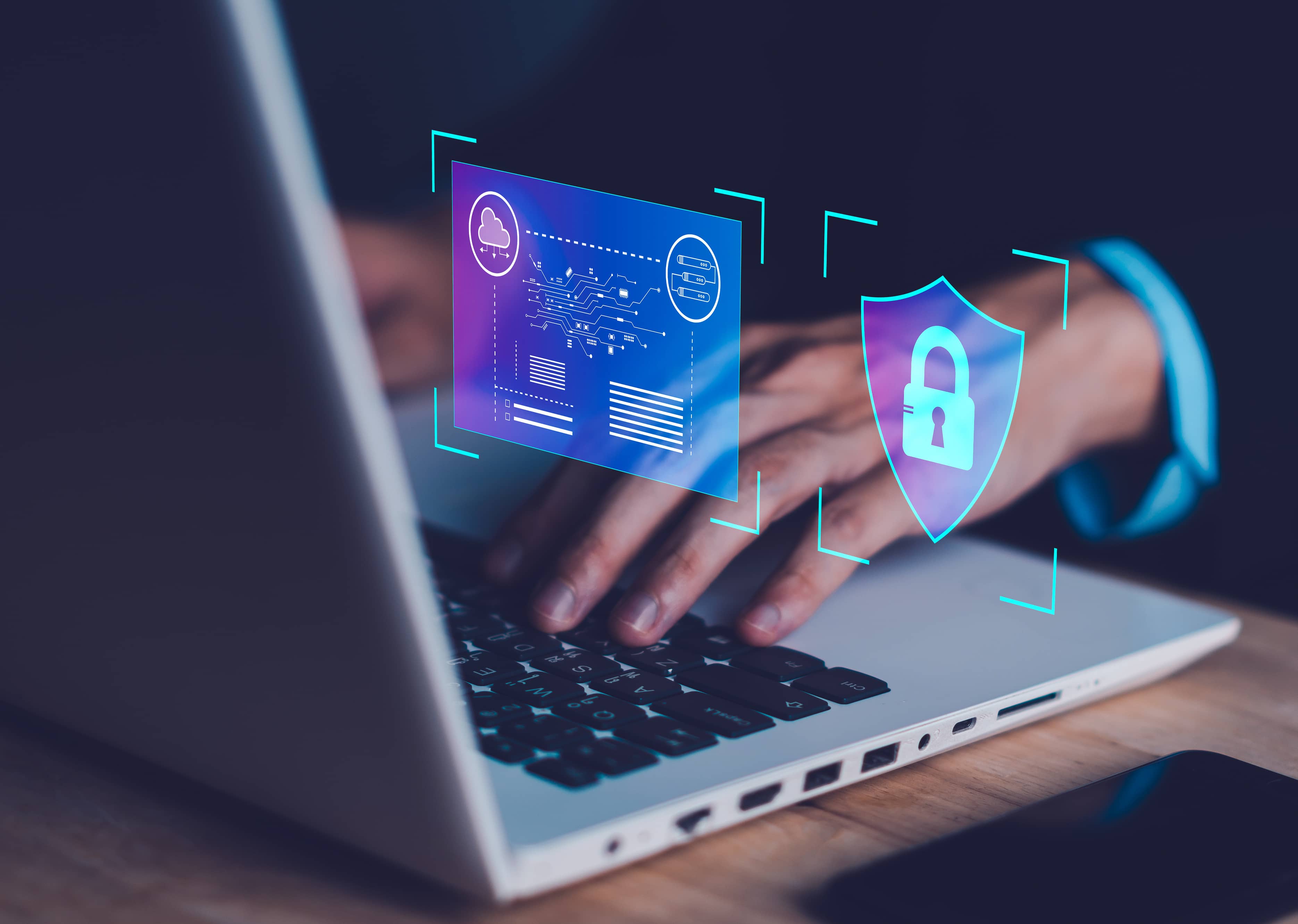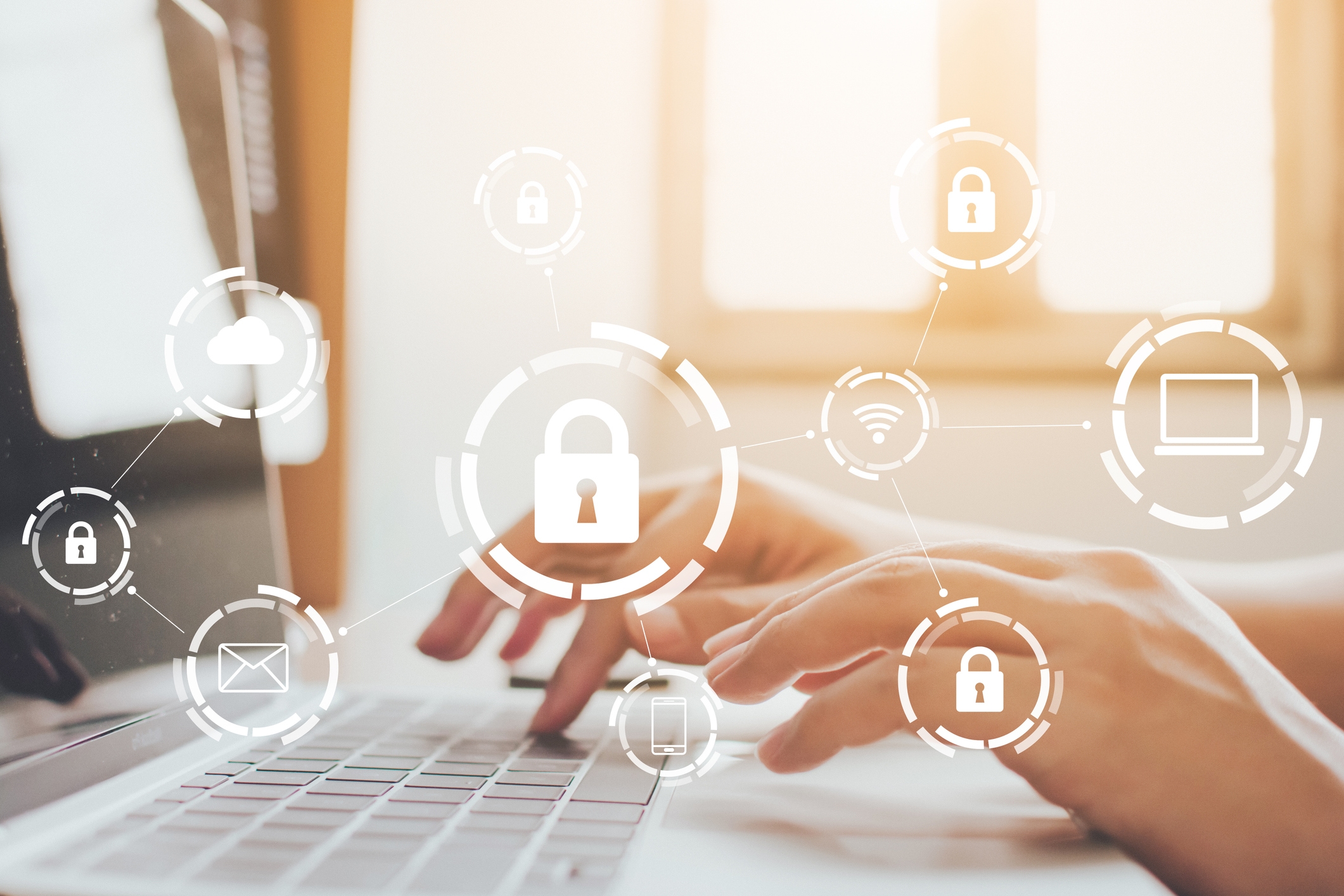
PowerSchool Breach: A Wake-Up Call for K-12 Cybersecurity
PowerSchool, a cloud-based Student Information System (SIS) software used by thousands of school districts in over ninety countries, experienced a significant cybersecurity breach in late December 2024. A hacker gained unauthorized access to millions of student records through the customer support portal using compromised credentials. The incident disclosed sensitive student information, including names, grades, addresses, social security numbers, and medical records, impacting thousands of districts nationwide.
School districts should be concerned about this breach, which demonstrates the vulnerability of third-party management systems and the potential for widespread release of private student data. PowerSchool paid an undisclosed amount to the hacker and does not anticipate the sharing of personally identifiable information. However, the incident highlights the critical need for robust cybersecurity practices in educational technology platforms.
What Can School Districts Do to Minimize Future Impacts?
Execute Regular Risk Assessments
Conduct periodic risk assessments to pinpoint vulnerabilities in systems like PowerSchool to stay on top of weaknesses before attackers can exploit them.
Strengthen Vendor Management
Ensure that vendors like PowerSchool have robust cybersecurity measures in place, including third-party risk assessments and compliance checks to reduce the risks associated with SIS systems.
Regular Software Updates
Routinely update software systems, such as SIS, to ensure they remain up-to-date and secure. This reduces the risk of vulnerabilities that could make the system susceptible to cyberattacks.
Provide Cybersecurity Training for Staff
As human error accounts for over 70% of data breaches, it is important to train and educate staff on how to recognize phishing attacks, create strong passwords, and follow best practices to reduce the risk of a breach.
School districts that follow these cybersecurity best practices can better protect themselves from potential cyber threats and secure the critical information of their students and staff.
If you have any questions about cybersecurity training or best practices, don't hesitate to contact Clark Schaefer Consulting.



